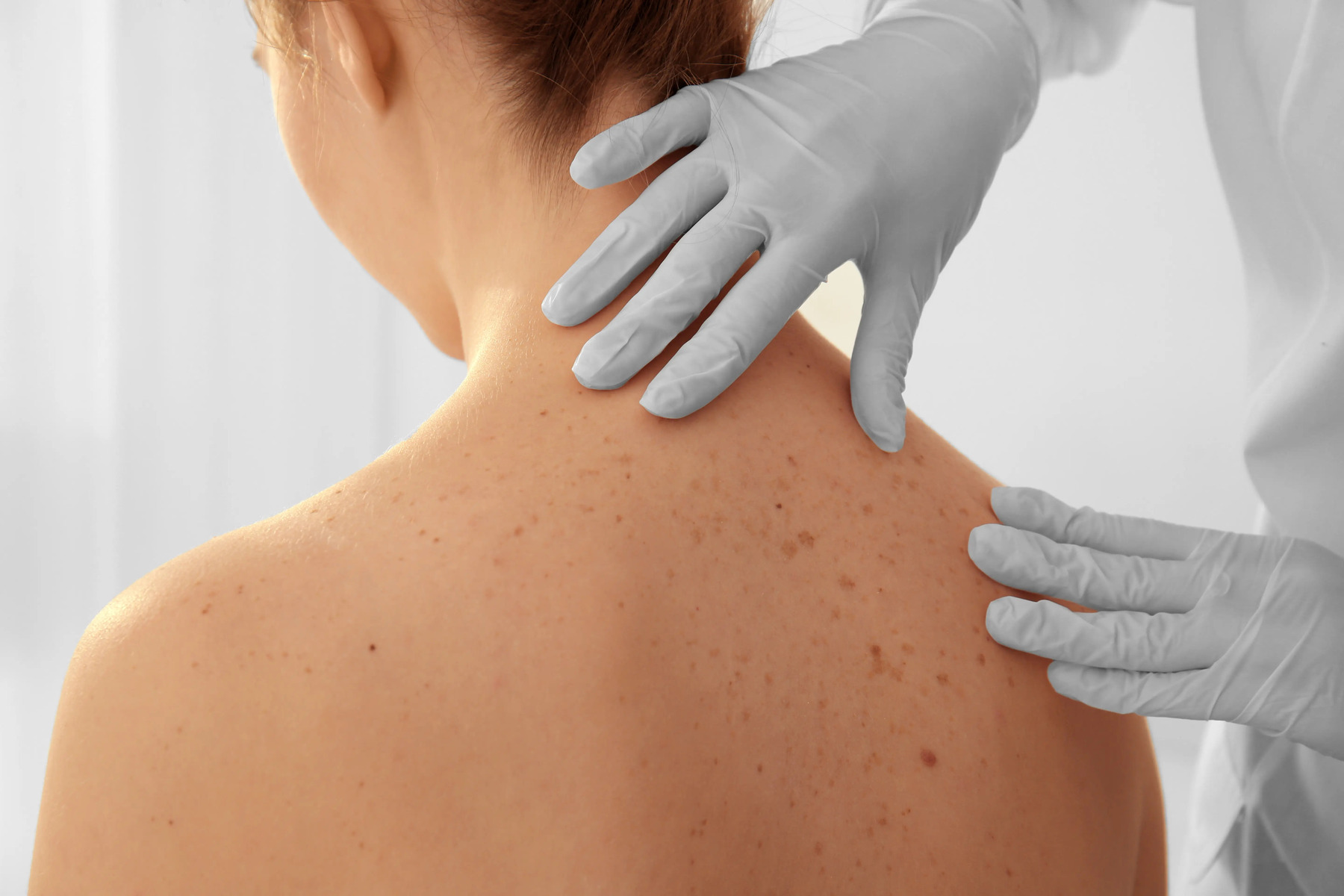
Ever wondered why May feels a bit more sun-kissed than other months? Well, it's not just about welcoming summer; it's also Skin Cancer Awareness Month. Skin Cancer Awareness Month aims to shed light on the most common type of cancer globally, emphasizing prevention, early detection, and treatment. With millions of cases diagnosed annually, understanding the risks and protective measures against skin cancer is more crucial than ever. From slathering on sunscreen to donning wide-brimmed hats, this month encourages us to take our skin health seriously. So, why focus on skin cancer in May? Because it's the perfect time to remind sun-seekers and shade-lovers alike about the importance of protecting our skin from those deceivingly harmful rays. Let's dive into some eye-opening facts that could very well save lives.
Key Takeaways:
- Protect your skin by wearing sunscreen, hats, and protective clothing. Regular skin checks and avoiding tanning beds are crucial for preventing skin cancer. Stay safe in the sun!
- Skin Cancer Awareness Month in May educates about sun protection and early detection. Support organizations and attend community events for valuable resources and information. Stay informed and take care of your skin!
What is Skin Cancer Awareness Month?
Every May, communities around the globe observe Skin Cancer Awareness Month. This period serves as a crucial reminder of skin cancer's prevalence, the importance of early detection, and ways to protect skin from harmful UV radiation. With skin cancer being the most common type of cancer in the United States and many parts of the world, dedicating a month to raising awareness can significantly impact public health.
Why May for Skin Cancer Awareness?
- May is strategically chosen for Skin Cancer Awareness Month as it marks the beginning of summer in many countries. This timing is perfect for educating people on the importance of sun protection right before they spend more time outdoors.
The Significance of Sun Protection
-
Sunscreen application is one of the most effective methods to prevent skin cancer. Dermatologists recommend using a broad-spectrum sunscreen with an SPF of 30 or higher, even on cloudy days.
-
Wearing protective clothing, such as long-sleeved shirts, pants, and wide-brimmed hats, can also shield skin from the sun's harmful UV rays.
Early Detection and Skin Checks
- Regular skin checks can save lives by detecting skin cancer early when it's most treatable. Experts advise performing a self-examination monthly and seeing a dermatologist annually for a professional check-up.
The Types of Skin Cancer
- There are three main types of skin cancer: basal cell carcinoma, squamous cell carcinoma, and melanoma. Melanoma is the deadliest form but if caught early, the survival rate is high.
The Role of Vitamin D
- While sun exposure is a key source of vitamin D, excessive UV exposure can lead to skin damage and cancer. Supplements and diet can provide necessary vitamin D without the risks associated with sun exposure.
The Impact of Tanning Beds
- Tanning beds are not a safer alternative to sunbathing. They emit UV rays that can increase the risk of skin cancer. Avoiding tanning beds is a preventive measure against skin cancer.
Skin Cancer in People of Color
- Skin cancer can affect anyone, regardless of skin color. People with darker skin tones often experience a later diagnosis, which can lead to worse outcomes. Awareness and education about skin cancer in all communities are vital.
The Importance of Shade
- Seeking shade during peak sun hours, between 10 a.m. and 4 p.m., can significantly reduce the risk of skin damage and skin cancer.
Support and Resources
-
Numerous organizations offer support, resources, and information to those affected by skin cancer. Participating in or donating to these causes can help advance research and education on skin cancer prevention and treatment.
-
Community events during Skin Cancer Awareness Month, such as free skin cancer screenings and educational workshops, provide valuable information and services to the public. Engaging in these activities can enhance community health and awareness.
A Final Word on Skin Cancer Awareness
Skin Cancer Awareness Month in May serves as a vital reminder of the importance of skin health. It's not just about slathering on sunscreen when you hit the beach or during those sunny days. It's about making skin checks a regular part of your health routine, understanding the risks, and knowing how to protect yourself and your loved ones. With skin cancer being one of the most common types of cancer worldwide, awareness and education can make a huge difference. Early detection can lead to effective treatment, significantly increasing survival rates. So, take action, spread the word, and let's all commit to healthier skin practices. Remember, protecting your skin is a year-round commitment, not just for May. Let's keep the conversation going and continue to fight against skin cancer together.
Frequently Asked Questions
Was this page helpful?
Our commitment to delivering trustworthy and engaging content is at the heart of what we do. Each fact on our site is contributed by real users like you, bringing a wealth of diverse insights and information. To ensure the highest standards of accuracy and reliability, our dedicated editors meticulously review each submission. This process guarantees that the facts we share are not only fascinating but also credible. Trust in our commitment to quality and authenticity as you explore and learn with us.


